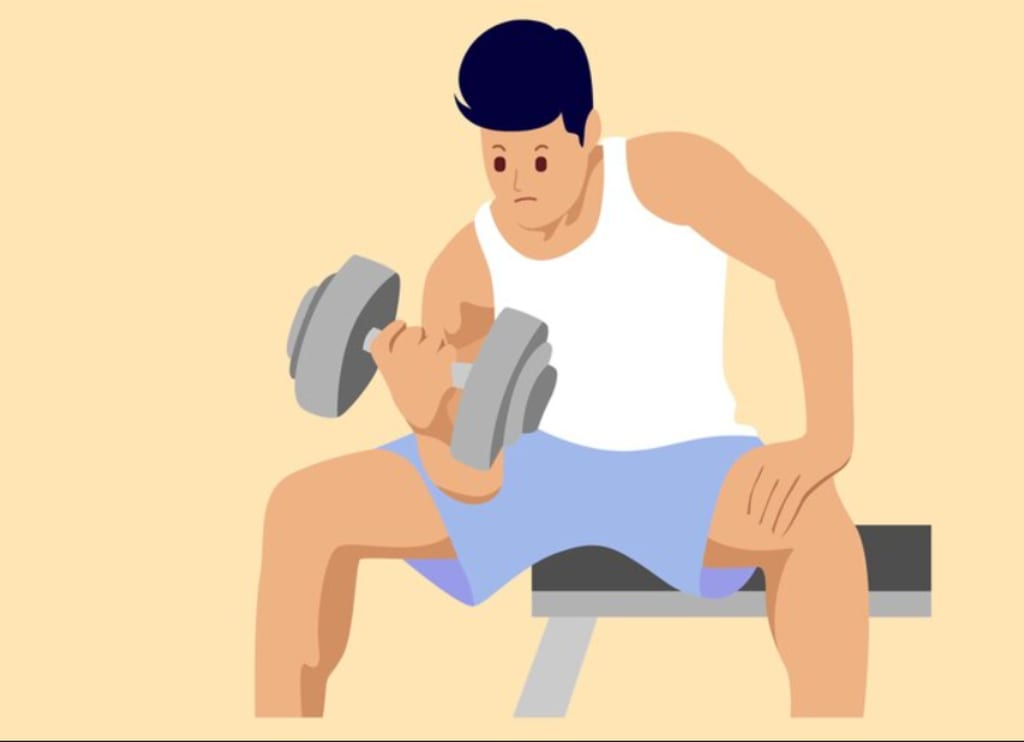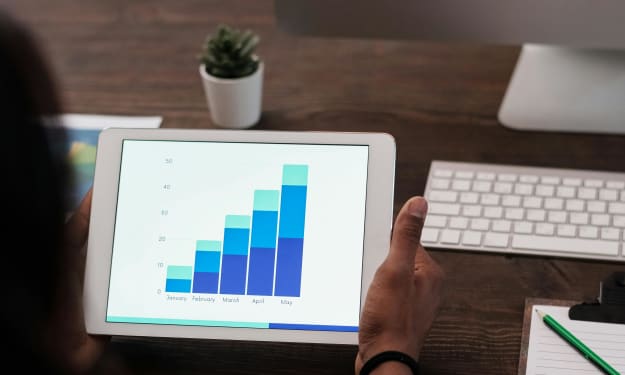What Does a Locked Muscle Feel Like
What does a locked muscle feel like

**What Does a Locked Muscle Feel Like? Understanding Muscle Spasms and Cramps**
Muscle discomfort is a common experience that many people encounter at some point in their lives. Whether it's after intense exercise, during periods of stress, or due to medical conditions, the sensation of a locked muscle can be unsettling and painful. Understanding what causes muscles to lock up and how it feels can provide valuable insights into managing and preventing this discomfort.
**Understanding Muscle Locking**
Muscle locking, often referred to as a muscle spasm or cramp, occurs when a muscle contracts involuntarily and does not relax. This sudden and intense tightening can happen in any muscle but commonly affects the legs, calves, feet, and back. The causes of muscle locking can vary widely:
1. **Overuse or Fatigue:** Exercising intensely or for prolonged periods without proper hydration or stretching can lead to muscle fatigue and spasms.
2. **Dehydration and Electrolyte Imbalance:** Insufficient hydration or imbalances in minerals like potassium, calcium, magnesium, and sodium can trigger muscle cramps.
3. **Poor Circulation:** Reduced blood flow to muscles, often due to sitting for long periods or conditions like peripheral artery disease, can contribute to muscle spasms.
4. **Nerve Compression or Injury:** Pinched nerves or injuries to the spine can cause muscles to spasm as a protective mechanism.
**What Does It Feel Like?**
The sensation of a locked muscle can vary from person to person and depending on the underlying cause. Common descriptions include:
- **Sudden Tightness:** The muscle may suddenly contract tightly, causing a visible bulge or knot.
- **Intense Pain:** Cramps are often associated with sharp, stabbing pain that can range from mild discomfort to severe agony.
- **Limited Movement:** During a muscle spasm, movement of the affected limb or body part may be restricted or painful.
- **Visible Twitching:** In some cases, you may observe involuntary twitching or shaking of the affected muscle.
**Managing Muscle Spasms**
Dealing with a locked muscle involves several approaches:
- **Stretching:** Gentle stretching of the muscle can help relax it and alleviate the spasm.
- **Massage:** Applying pressure and kneading the muscle can promote blood flow and ease tension.
- **Hydration:** Ensuring adequate fluid intake helps maintain electrolyte balance and prevent dehydration-related cramps.
- **Heat or Cold Therapy:** Applying heat or cold packs to the affected area can provide relief and reduce inflammation.
- **Medication:** In severe cases, over-the-counter pain relievers or muscle relaxants may be recommended by a healthcare provider.
**Prevention Strategies**
To reduce the likelihood of muscle spasms:
- **Warm-up and Cool Down:** Always warm up before exercise and cool down afterward to prepare muscles and prevent overexertion.
- **Stay Hydrated:** Drink water regularly, especially during exercise or in hot weather.
- **Balanced Diet:** Consume foods rich in potassium, calcium, magnesium, and other essential nutrients to support muscle function.
- **Proper Posture:** Maintain good posture during activities to avoid putting unnecessary strain on muscles and nerves.
**Conclusion**
Understanding what a locked muscle feels like and knowing how to manage and prevent muscle spasms can significantly improve your quality of life. By incorporating proper hydration, nutrition, and exercise techniques into your routine, you can minimize the risk of experiencing these uncomfortable muscle contractions. If muscle spasms persist or are accompanied by other symptoms, it's essential to consult with a healthcare professional for proper diagnosis and treatment. Taking proactive steps to care for your muscles can help you stay active and pain-free.**Exploring the Sensation of a Locked Muscle: Understanding Muscle Spasms and Cramps**
Muscle discomfort is a universal experience that can range from a mild inconvenience to a debilitating issue. One of the more intense forms of muscle discomfort is the sensation of a locked muscle, often accompanied by spasms or cramps. This phenomenon, while common, can be quite distressing if not properly understood. Let's delve into what causes muscles to lock up, how it feels, and what you can do about it.
**What Causes Muscles to Lock Up?**
Muscles may lock up or spasm for various reasons, including:
1. **Overuse or Fatigue:** Intense physical activity or prolonged exertion without adequate rest can lead to muscle fatigue and spasms.
2. **Dehydration and Electrolyte Imbalance:** Insufficient fluid intake or imbalances in electrolytes like potassium, calcium, magnesium, and sodium can trigger muscle cramps.
3. **Poor Circulation:** Reduced blood flow to muscles, often due to sitting for extended periods or conditions like peripheral artery disease, can contribute to muscle spasms.
4. **Nerve Compression or Injury:** Pinched nerves or injuries to the spine can cause muscles to spasm as a protective mechanism.
Understanding these underlying causes is crucial for effectively managing and preventing muscle spasms.
**What Does a Locked Muscle Feel Like?**
The sensation of a locked muscle can vary widely among individuals and depending on the severity of the spasm. Common descriptions include:
- **Intense Tightness:** The muscle suddenly contracts and becomes extremely tight, sometimes forming a visible knot or bulge.
- **Sharp Pain:** Cramps often come with sharp, stabbing pain that can range from mild discomfort to excruciating agony.
- **Restricted Movement:** During a muscle spasm, moving the affected limb or body part may be painful or difficult.
- **Involuntary Twitching:** Some people experience involuntary twitching or shaking of the affected muscle during a spasm.
These sensations can be alarming, especially if they occur unexpectedly or frequently disrupt daily activities.
**Managing and Preventing Muscle Spasms**
If you experience a locked muscle, there are several strategies you can try to alleviate the discomfort and reduce the likelihood of future spasms:
- **Stretching:** Gentle stretching of the muscle can help relax it and relieve the spasm.
- **Massage:** Applying pressure and massaging the muscle can increase blood flow and promote relaxation.
- **Hydration:** Ensure you're drinking enough water throughout the day to maintain proper hydration and electrolyte balance.
- **Heat or Cold Therapy:** Applying heat packs or cold compresses to the affected area can provide relief and reduce inflammation.Unlock Your Hip Flexors Reviews
- **Medication:** In severe cases, over-the-counter pain relievers or muscle relaxants may be recommended by a healthcare provider.
**Conclusion**
Understanding the sensation of a locked muscle and its potential causes is the first step toward effective management and prevention. By incorporating hydration, proper nutrition, and appropriate exercise techniques into your routine, you can minimize the risk of experiencing muscle spasms. If you continue to have frequent or severe muscle spasms, it's essential to consult with a healthcare professional for a thorough evaluation and personalized treatment plan. Taking proactive steps to care for your muscles can help you maintain a healthy and active lifestyle, free from the discomfort of locked muscles.
About the Creator
peter
Content about cars, motorbikes, technology, news
Enjoyed the story? Support the Creator.
Subscribe for free to receive all their stories in your feed. You could also pledge your support or give them a one-off tip, letting them know you appreciate their work.






Comments
There are no comments for this story
Be the first to respond and start the conversation.